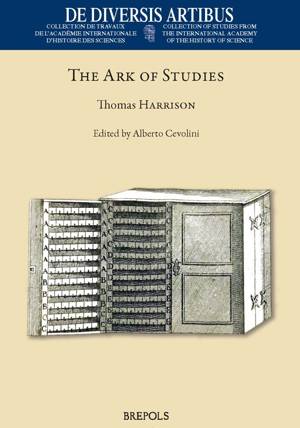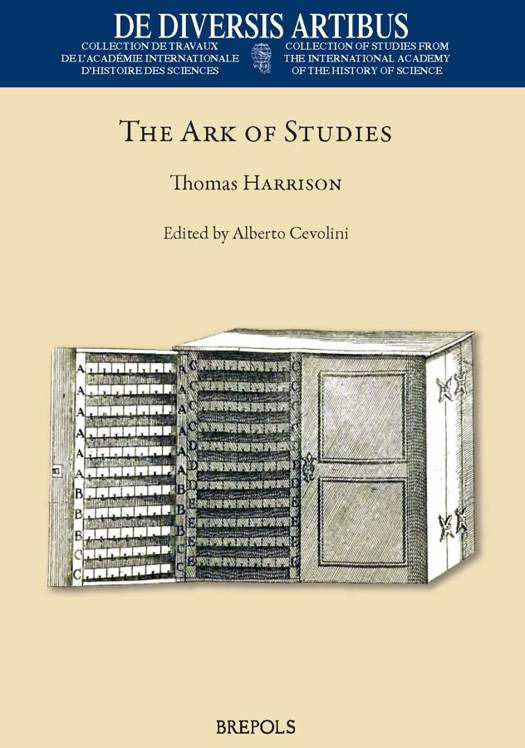
- Afhalen na 1 uur in een winkel met voorraad
- Gratis thuislevering in België vanaf € 30
- Ruim aanbod met 7 miljoen producten
- Afhalen na 1 uur in een winkel met voorraad
- Gratis thuislevering in België vanaf € 30
- Ruim aanbod met 7 miljoen producten
Zoeken
Omschrijving
Knowledge management and production is performed today by means of search engines. This implies the use of machines as external memories. For sure, computer is the most successful device. However, it is neither the first nor the only one. Indeed, the use of secondary memories is an essential feature of modern age, and involves archives and filing cabinets too. The present book is the first critical edition of the manuscript in which Thomas Harrison sketched an extraordinary invention: the Ark of Studies (ca. 1640). The Ark of Studies is the first filing cabinet based on alphabetically arranged removable entries that has been designed for scholarly purposes in the 17th Century. Regarding its structure and function, this filing cabinet may be regarded as the most relevant scholarly machine in the modern age before the invention of the Web. The introductory essay tries to explain how it was possible that a high improbable deviation -that is, to entrust memorable knowledge to a machine rather than to consciousness, out of which it could be retrieved only by means of a combinatory art- became normal.
Specificaties
Betrokkenen
- Auteur(s):
- Uitgeverij:
Inhoud
- Aantal bladzijden:
- 156
- Taal:
- Engels
Eigenschappen
- Productcode (EAN):
- 9782503575230
- Verschijningsdatum:
- 20/01/2018
- Uitvoering:
- Hardcover
- Formaat:
- Genaaid
- Afmetingen:
- 163 mm x 239 mm
- Gewicht:
- 430 g

Alleen bij Standaard Boekhandel
+ 137 punten op je klantenkaart van Standaard Boekhandel
Beoordelingen
We publiceren alleen reviews die voldoen aan de voorwaarden voor reviews. Bekijk onze voorwaarden voor reviews.







